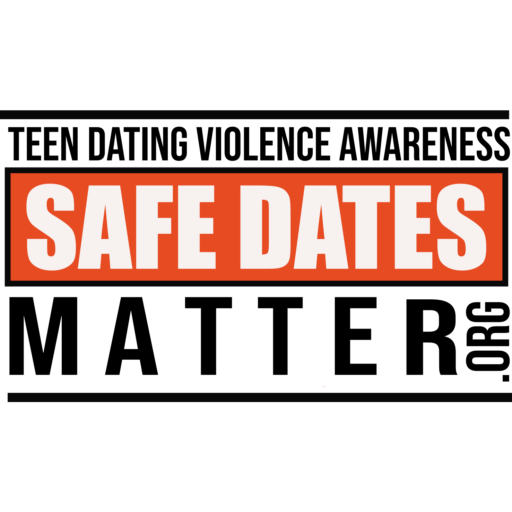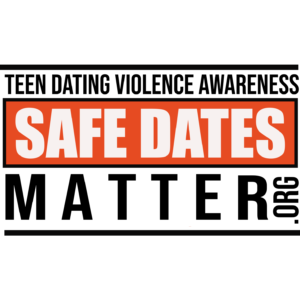
It’s important to be prepared when talking to a friend whom you feel is in an abusive relationship.
First, become educated about dating abuse so you are prepared to talk to your friend. A Safe Journey counselor advocate will help you figure out what to say. Your counselor advocate is there to help your friend — and you. Many teens involved in dating abuse are hesitant to talk to an adult, but a counselor advocate is trained to provide help and support. It’s important to know that services are confidential, which provides a safe, comfortable atmosphere in which to discuss the relationship and possible options.
How Can I Help My Friend?
Witnessing your friend in an abusive relationship can be very scary, especially if you are not sure how to help. While your friend is the only person who can decide to leave the abusive relationship, you can provide the support your friend needs to stay safe.
What Do I Need to Know?
If your friend or family member is experiencing dating abuse, they may not understand what is happening in their relationship or identify it as abuse. While they may not like what is happening to them, they may feel that the abuse is their fault and feel responsible. You must understand that even if your friend sees that the relationship is abusive, they still may choose to stay in that relationship. It’s important for you to be a supportive friend. They need you. You can talk to your counselor advocate to help you through the process.
If your friend chooses to leave, they often will feel sad and lonely. Your friend may get back together with their partner several times, which is a normal process. Understanding this can help you work through your helping process, because you will want your friend to stay away from the abusive partner and be safe. It may have taken a lot for your friend to talk to you about their relationship, so it’s important to help by listening and offering support.
How Can I Help My Friend?
How to Start the Conversation
Don’t be afraid to reach out and talk to a friend who needs help. Tell them you’re concerned about their relationship and their safety. Let them know what things you are concerned about. Ask your friend if they have noticed the same things. Ask them how they feel about those behaviors you have noticed.
Ask Questions
“This is important.”
“I’ve noticed some things about your relationship with Brad. Can I talk to you real quick?”
Be Supportive
Your friend may not recognize the abuse in their relationship. It’s hard when you see abuse happen to your friend. When you talk to your friend or your friend talks to you about concerns with their relationship, be supportive. It’s important to not judge them. Keep an open mind and an open door.
- Be supportive and listen.
- Listen to your friend as they talk about what is going on in their relationship.
- Acknowledge their feelings and be respectful of their thoughts and decisions. These types of relationships are very confusing.
- Let your friend know that they can talk to you and trust you.
- Let your friend know that the abuse is not their fault:
- “I want you to be safe.”
- “What do you need?”
- “It’s not your fault.”
- “Can we talk to a counselor advocate that can help you? I understand that all conversations are confidential and they are there to listen and to help and support teens in these types of relationships.”
- “Counselor advocates offer a helping hand to give options and support. They don’t just tell you to leave the relationship.”
- “When you’re ready, I can be there when you make the call or connection to Safe Journey. Our counselor advocate would be able to set up an appointment to see them.”
Help your friend recognize the warning signs of abuse or the red flags of an abusive relationship. Let them know that the abuse is not “normal” and is NOT their fault. Everyone deserves a healthy, nonviolent relationship.
Keep the Door Open
Your friend needs you to listen and to be supportive. It is hard to see and hear things that your friend is talking to you about. There are times when you may become sad, frustrated, and upset. It’s important to take care of yourself. Stay calm. Talk to your counselor advocate to help you through this process. One of our responses to friends in abusive relationships may be, “If you don’t leave, I won’t talk to you again.” Unfortunately, that may close the door between you and your friend. Most teens/tweens in abusive relationships will talk to a friend. If those communications are closed, they may not talk to anyone else. By giving them an ultimatum, closing the door, and saying that you will not talk to them again, you could shut down their only avenue to reach out for needed resources or help. Let your friend know you are there to help them connect to Safe Journey resources when they are ready.
Make sure that your friend knows that their safety is important and that they make their own decisions.
It is important to pay attention to your friend and NOT to the abusive partner.
Connect your friend to resources in their community that can give them information and guidance. Your counselor advocate can help. There may be information packets at your school — at the nurse’s office or guidance counselor’s office. If the information is not available, ask those offices to call Safe Journey at 814-438-2675 to request this information or to speak to a counselor advocate.
If your friend is thinking about breaking up with the abusive partner, keep safety in mind. Have them call a counselor advocate to develop a safety plan before they break off the relationship. It’s important to work with someone who understands the issues and what to look for. Let your friend know that you can be there when they talk to a counselor advocate.
If your friend breaks up with their abusive partner, continue to support them. It is important they still feel comfortable talking to you about it. Like we mentioned earlier, your friend may go back to the relationship. Continue your support. They will need you more than ever, especially if the abuse escalates.
If you feel your friend is in immediate danger, is being threatened, or is at risk, you may need to call 911 for emergency support.
There may be times when you will feel like there is nothing you can do. Don’t be hard on yourself. Being supportive and caring is important work.
Don’t reach out to your friend’s abuser or post negative comments about them online. This will make things worse for your friend.





